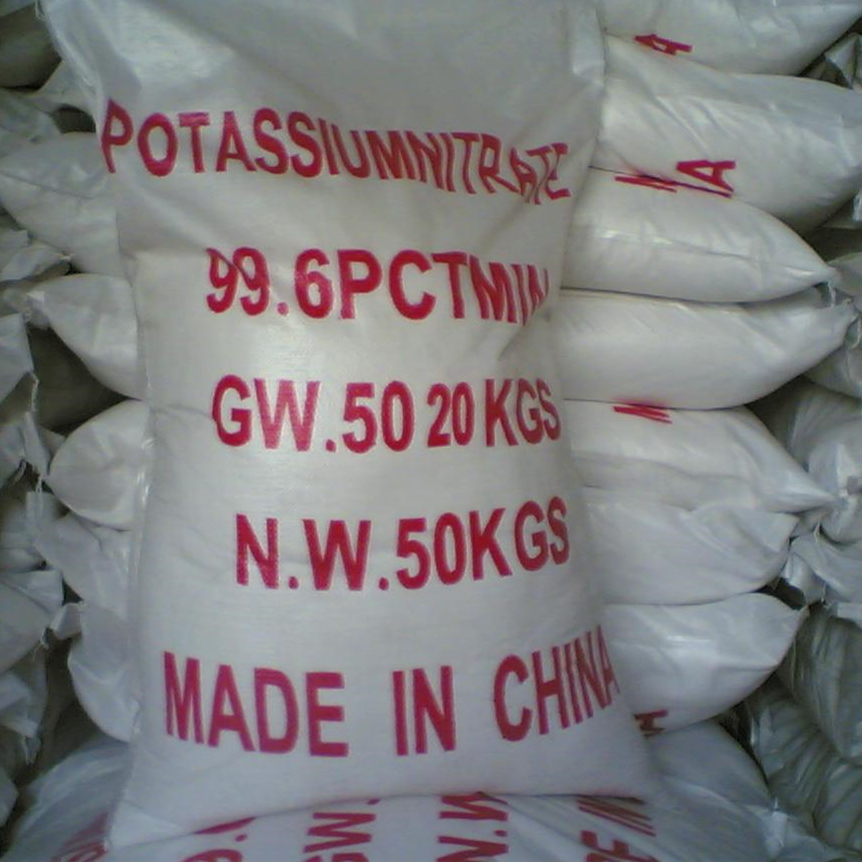
Oct . 16, 2024 06:54 Back to list
npk fertilizer water soluble
Understanding NPK Water Soluble Fertilizer
Fertilizers are essential for enhancing plant growth and productivity by supplying the nutrients necessary for various physiological processes. One of the most effective types of fertilizers is NPK water-soluble fertilizer, which combines three key nutrients nitrogen (N), phosphorus (P), and potassium (K). Each of these elements plays a unique role in plant development, making NPK fertilizers an integral part of modern agriculture and gardening.
The Role of N, P, and K
1. Nitrogen (N) Nitrogen is crucial for the growth of plants, particularly in the early stages. It is a vital component of amino acids, which are the building blocks of proteins. Nitrogen stimulates leaf and stem growth, resulting in lush, green foliage. Inadequate nitrogen levels can lead to stunted growth and yellowing leaves, indicating a deficiency.
2. Phosphorus (P) Phosphorus is essential for energy transfer and photosynthesis. It plays a key role in the formation of DNA and RNA, which are critical for cell division and growth. Phosphorus also helps with root development, flowering, and fruiting. A lack of phosphorus can result in poor root structure and lower crop yields.
3. Potassium (K) Potassium is often referred to as the quality nutrient. It helps in regulating various physiological processes, including water uptake and enzyme activation. Potassium is vital for the overall health of the plant, enhancing its resistance to diseases and improving the quality of fruits and vegetables. Without adequate potassium, plants may suffer from wilting, poor fruit quality, and an increase in susceptibility to pests.
Benefits of NPK Water Soluble Fertilizer
npk fertilizer water soluble

NPK water-soluble fertilizers offer several advantages over traditional fertilizers. Since they dissolve in water, they can be easily applied through irrigation systems or as a foliar spray, ensuring immediate availability of nutrients to plants. This characteristic is particularly beneficial during critical growth periods, allowing plants to absorb nutrients efficiently.
Additionally, water-soluble fertilizers provide precise nutrient control. By adjusting the concentration of N, P, and K, farmers and gardeners can tailor their applications to meet the specific needs of their crops. This precision helps in avoiding nutrient imbalances that can lead to deficiencies or toxicities.
Application and Usage
The application of NPK water-soluble fertilizer should be based on soil tests, which help determine the existing nutrient levels and the needs of the crops being grown. General guidelines suggest using it periodically throughout the growing season, particularly during key growth stages such as planting, flowering, and fruit set.
When applying NPK fertilizers, it's essential to follow recommended rates to minimize nutrient runoff and environmental impact. Over-fertilization can lead to an excess of nutrients leaching into water bodies, causing pollution and harming aquatic ecosystems.
Conclusion
In summary, NPK water-soluble fertilizers are indispensable tools for enhancing plant growth and maximizing agricultural productivity. By supplying nitrogen, phosphorus, and potassium in a readily available form, they support robust plant development and improve crop quality. For optimal results, it is crucial to use these fertilizers judiciously, with an understanding of the specific nutrient requirements of the crops being cultivated. As the world continues to face challenges in food production, the strategic use of NPK water-soluble fertilizers could play a significant role in achieving sustainable agricultural practices.
-
10 10 10 Fertilizer Organic—Balanced NPK for All Plants
NewsJul.30,2025
-
Premium 10 10 10 Fertilizer Organic for Balanced Plant Growth
NewsJul.29,2025
-
Premium 10 10 10 Fertilizer Organic for Balanced Plant Growth
NewsJul.29,2025
-
Premium 10 10 10 Fertilizer Organic for Balanced Plant Growth
NewsJul.29,2025
-
50 Pound Bags of 13-13-13 Fertilizer for All Plants – Bulk & Organic Options
NewsJul.28,2025
-
High-Efficiency 15-30-15 Granular Fertilizer for Healthy Crops
NewsJul.28,2025
